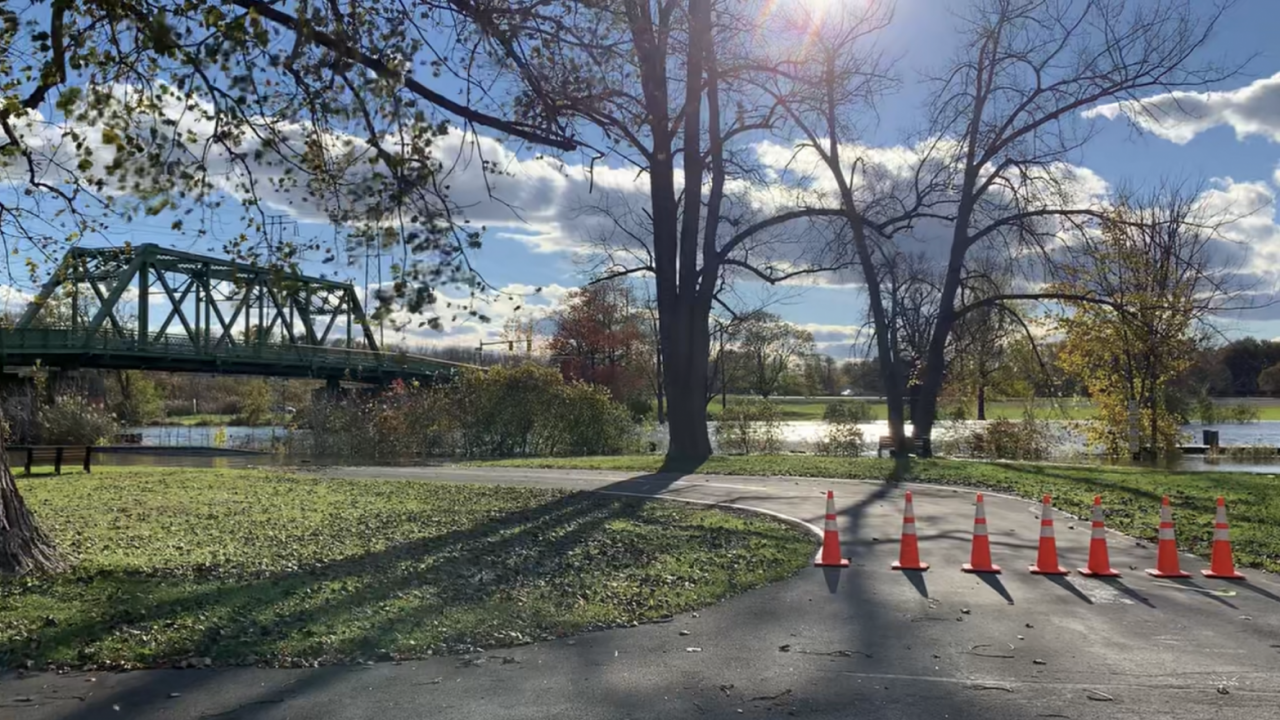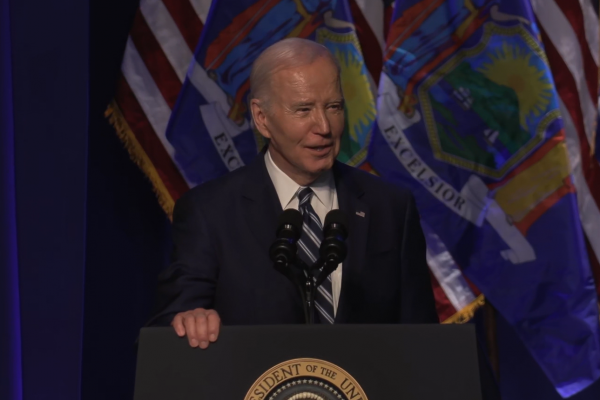
SYRACUSE, N.Y. (NCC News) — Onondaga Lake is still flooded after last week’s string of storms, including a nor’easter. The National Weather Service marked Onondaga Lake at 0.6 feet over the flood stage, but these extreme weather events are not a new trend.
Peng Gao, a professor of geography at Syracuse University, said the continued increase in these extreme weather events is a result of climate change.
“My perspective is climate change will have more and more visible impacts on us with regards to our everyday life, such as this flooding…we could see more and more extreme storm events happening,” Gao said.
The National Weather Service is keeping its flood warning for Onondaga Lake as well as some other bodies of water in Central New York.
Gao said residents should get used to the uptick in frequency and intensity of these severe weather events.
“Scientifically, I think it’s inevitable, but there’s certain things we can do as individuals to try to slow climate change,” he explained.
As Central New York begins to transition to cooler temperatures, Gao said residents should watch for severe rain and snowstorms, as climate change continues to impact the area.
“I think the best thing we can do is try to be aware and learn the potential impacts of climate change and then try to do better as individuals,” Gao added.
This fall is already one of the warmest on record for Central New York, but moving into the winter Gao said residents should be mindful of changing temperatures and the intensity of inevitable winter storms.




